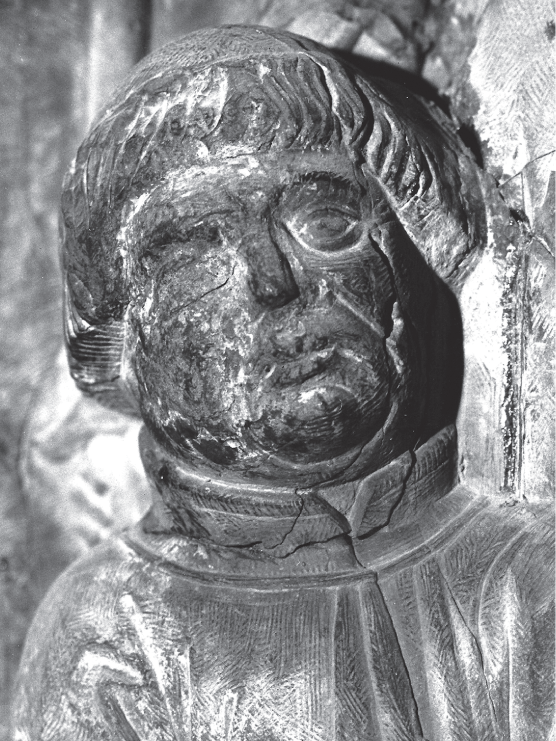‘In the Midst of Death there is Life’: The Musical Afterlife of Guillaume Du Fay
From an unpromising start as the son of an unmarried mother Du Fay blazed a musical trail through the great courts and religious institutions of the European Renaissance. Our programme spans from his extravagant early motet, Apostolo glorioso, written for the Malatestas of Pesaro, all the way through to the moving masterpieces from the end of his life: the motet and Mass Ave regina celorum, in which he famously embedded his own musical prayers to the Virgin for his posthumous soul.
Yet preoccupation with death—which, especially in the Middle Ages, could strike at any time—runs through Du Fay’s output from the very earliest stages. The same poignant minor-key moment that disturbs the surface of the late Mass and motet finds its way also into a series of pieces right through his career, but always, strikingly, at the same words: ‘miserere nobis’ (‘have mercy upon us’). This little musical moniker, arresting to the ear the moment it pipes up, thus threads its way through the decades across radically changing styles, bringing us sonically up close to a man who, though he died 550 years ago, faced up to a mortality as familiar then as it is for us today.
Programme includes:
Apostolo glorioso
Early Agnus Dei
Missa Resvellies vous, Gloria
Rite majorem Jacobum canamus
Mass of Saint Anthony of Padua, Gloria
Balsamus et munda cera
Easter Gloria-Credo
Ave regina celorum
Missa Ave regina celorum, Agnus Dei


